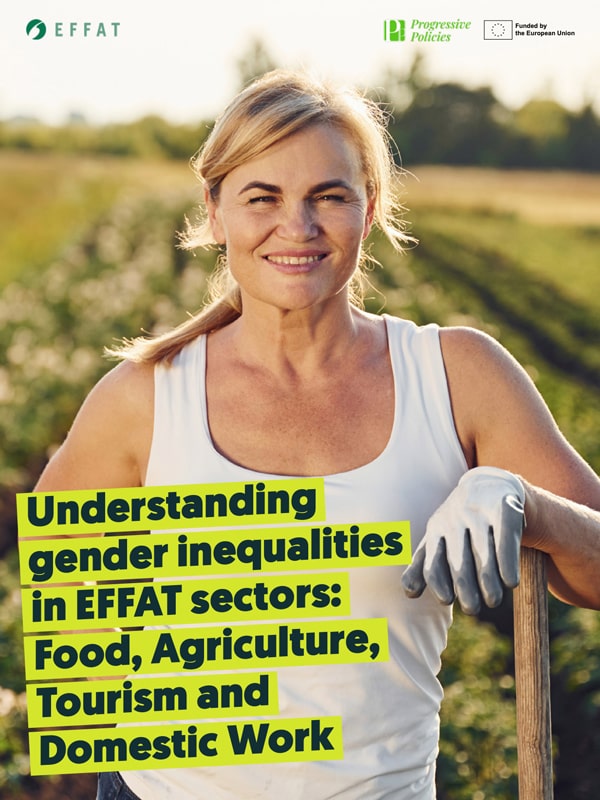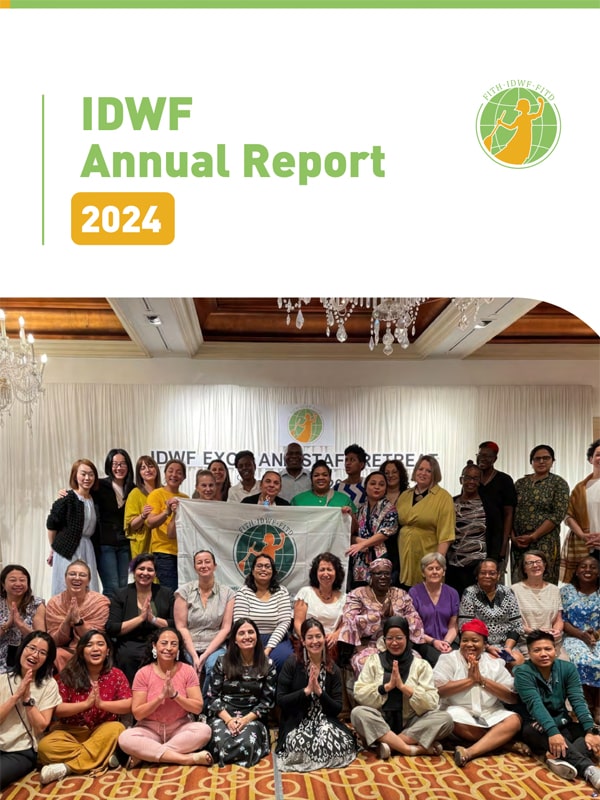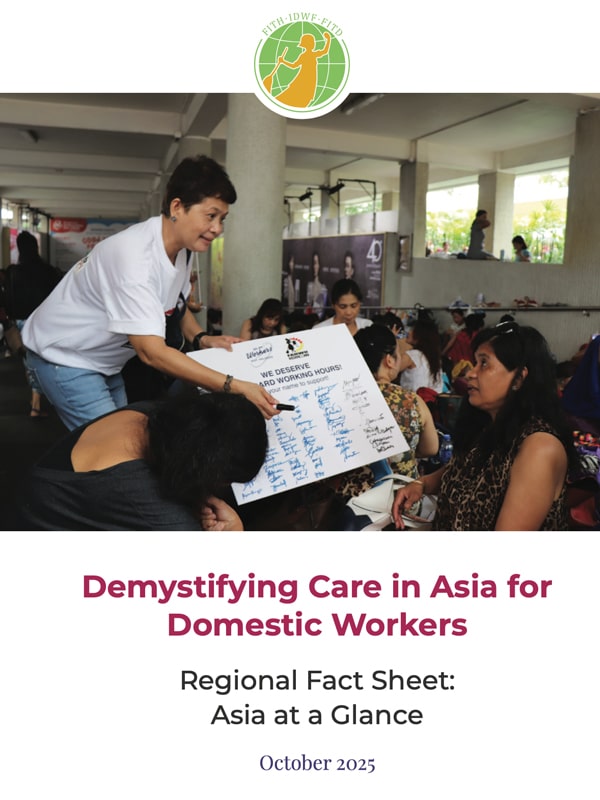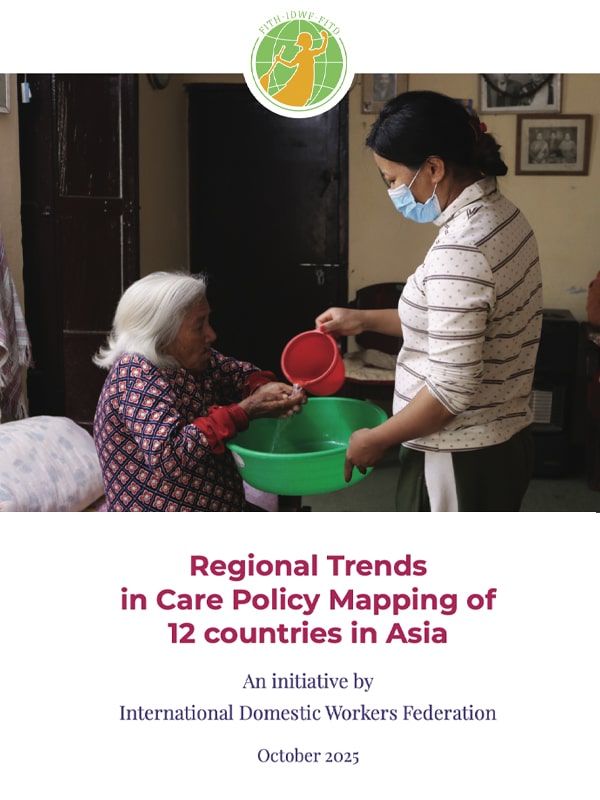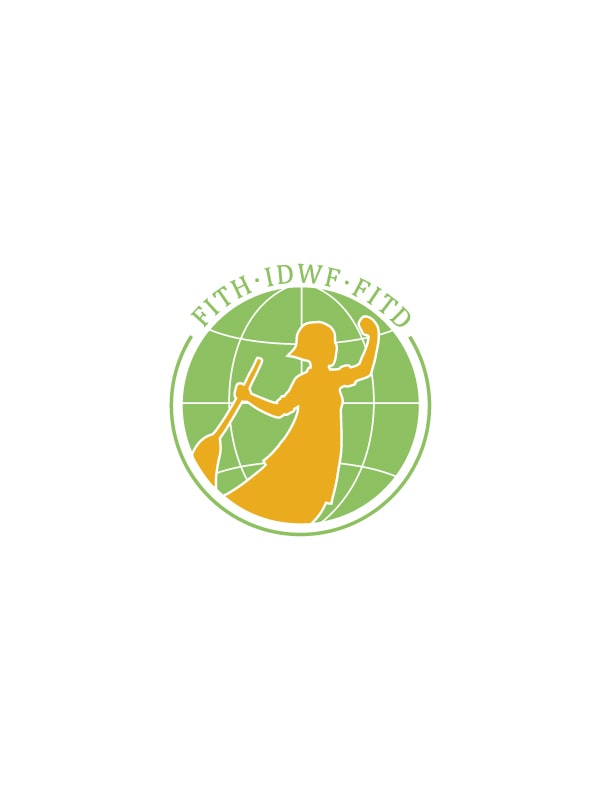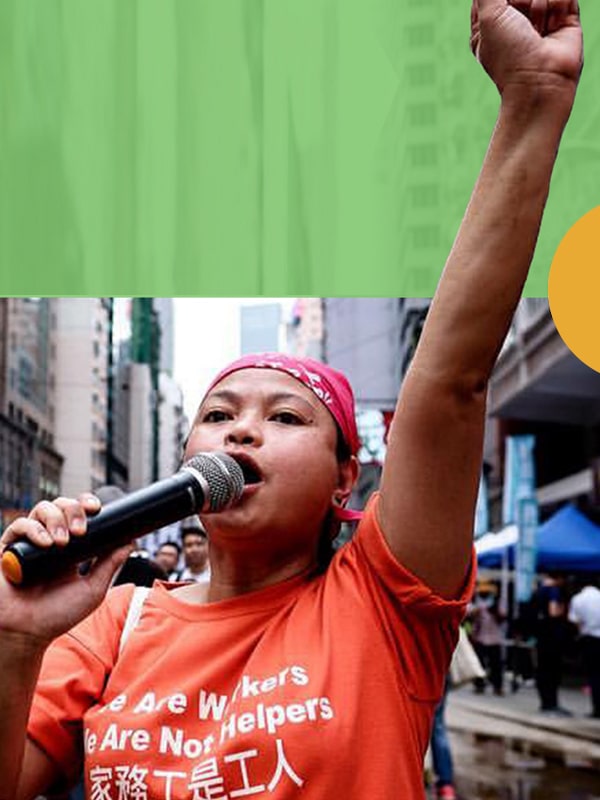A major highlight of the 6th EFFAT Congress, held in Spain in November 2024, was the launch of the report “Understanding Gender Inequalities in EFFAT Sectors: Food, Agriculture, Tourism, and Domestic Work”, which examines the pervasive gender inequalities and the structural barriers faced by women across these industries in Europe.
Women often occupy lower-paid and lower-skilled roles, with limited opportunities for advancement. Precarious employment is a widespread issue, disproportionately affecting migrant women, who face informal contracts, exploitation, and limited protections, especially in domestic work and agriculture. Work-life balance also remains a key challenge, as caregiving responsibilities often lead to part-time work and poor working conditions for women. The isolation and informality of sectors like domestic work further hinder unionization and advocacy efforts, leaving many women vulnerable to ongoing discrimination.
Each sector presents unique challenges. In agriculture, gender inequalities are compounded by a reliance on seasonal and migrant labor, often under precarious conditions. The food and drink sector demonstrates a glaring “glass ceiling,” with fewer women in senior roles despite equal representation in entry-level positions. Domestic work is marked by informality and undervaluation, while tourism relies heavily on feminized labor in undervalued roles, creating significant disparities in pay and job security.
By combining actionable recommendations with a united effort, EFFAT is well-positioned to lead the charge for transformative changes across its sectors. This milestone marks the beginning of a new chapter, with EFFAT and its members striving for a fairer, more inclusive future where women’s rights and contributions are fully recognized and valued.

